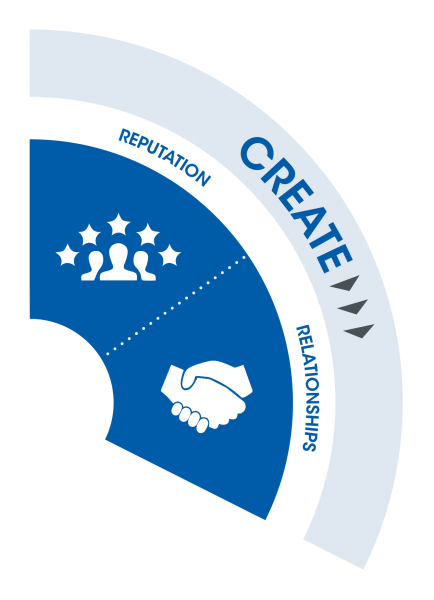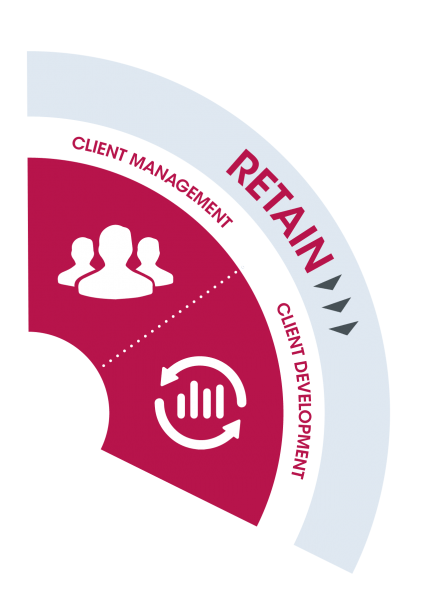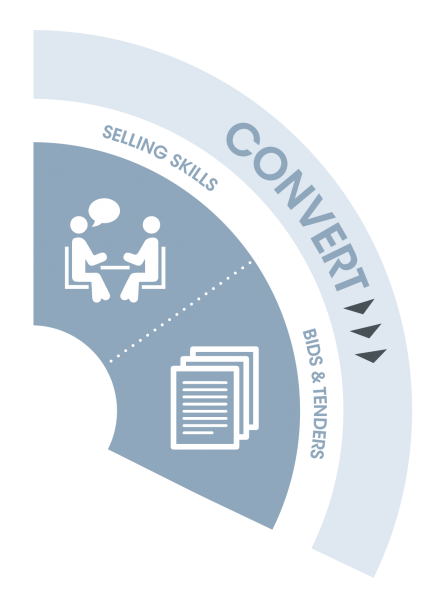 After an extraordinary 2020, most economic forecasts are predicting a tough year in 2021 for most sectors. Many suggesting we will not reach pre-pandemic levels again until the end of 2022. It’s a gloomy thought and one where the Ostrich strategy of sticking your head in the sand will not help.
After an extraordinary 2020, most economic forecasts are predicting a tough year in 2021 for most sectors. Many suggesting we will not reach pre-pandemic levels again until the end of 2022. It’s a gloomy thought and one where the Ostrich strategy of sticking your head in the sand will not help.
Whilst we don’t have a modern precedent to the Coronavirus pandemic, we do have fairly recent data in terms of a worldwide economic downturn in the form of the Global Financial Crisis of 2008-2010.
One thing that the data from that shows us is that organisations who are prepared to be proactive in terms of business development and client experience management are the ones who will come out of this crisis faster and in better shape than their ‘ostrich-like’ competitors, as this graph from McKinsey demonstrates:
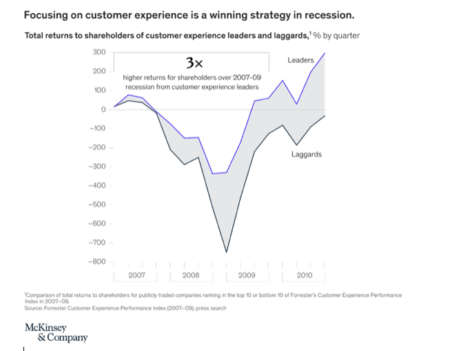
So how do you get ahead during a tough year?
Here are our Top 6 Things to Do for Proactive Business Development:
- Get focused. Have a laser-beam focus on your target market, you need to be able to clearly and confidently say to your clients (existing and new) “this is how we help you achieve your goals”.
- Have a plan! A three-year vision, 12-month objectives and rolling 3 quarterly actions.
- Communicate, communicate, communicate. Talk to your people, tell them where you’re headed and your plan to achieve it. Earn their buy-in, get them engaged. Remember – a sense of purpose is the No.1 motivator for most people.
- Take care of your people. Put an (virtual if necessary) arm around their shoulders, ask how they’re doing, tell them they’re great and how much they are appreciated. They are how you will survive and thrive in the next two years.
- Get the right people in the right roles. Release your work winners from the shackles of utilisation, ensure you have strong leaders in leadership positions. Hire for attitude, train for skill.
- Develop necessary skills. Business development and client relationship skills, confidence and behaviours. Everyone who is client-facing is selling the business, whether they know it or not! Train, coach, encourage.
A Business Story
In terms of blueprints, one of the most cited success stories is that of South West Airlines and its founder and former CEO Herb Kelleher. He is famous for having such a compelling and focused business objective: to be the No.1 Low-Cost Airline in the world. Every decision made had to take it towards (or latterly) keep it at that position. When everyone in the business is on-board with that objective, it makes running a business much simpler.

Herb Kelleher: American billionaire airline businessman who gave great insights into leadership.
“What if you could build a company that is as human as the human beings in it? What if you could create a culture that inspires passionate people to come to work fully awake, fully engaged, firing on all cylinders because they know they are doing epic work?”
Ok, so we’re not all Herb Kelleher but we can certainly take some of his philosophy to help us improve and grow as people and as a business in 2021. Here’s a few of his leadership gems;
Put employees first, customers second! Herb believed that employees should be treated like customers and celebrated for going above and beyond the call of duty. He explained it like this, “In business school, they’d say, ‘This is a real conundrum”. Who comes first, your employees, your shareholders, or your customers?’ My mother taught me that your employees come first. If you treat them well, then they treat the customers well, and that means your customers come back and your shareholders are happy.”
Simply don’t do office politics or ‘silos’… “A guy said to me the other day; ‘In my department…’ I laughed, and said, ‘Oh, are you not a part of Southwest Airlines anymore? Excuse me I didn’t realise you’d split off.”
Have a plan, you need a map but always go with the territory: Herb didn’t think much of traditional strategic planning. His famous line was, “We have a strategic plan. It’s called doing things.” He believed that a plan articulated in a big, three-ring binder was too bureaucratic. His view was that if you have a strategic plan that has been approved by the board and a window of opportunity opens in the market, you must be able to spring into action.
Culture is the boss: “It is a culture that recognises the value of the individual, which encourages an entrepreneurial spirit, which helps people to find the career that makes them happy, and which encourages people to have fun at work. These are the very reasons for our success.”
We know that 2021 is likely to be a tough year but there is business out there. Whether you are targeting the public or private sector, there will be opportunities. All you have to decide is, how you are going to win you share of the pie?




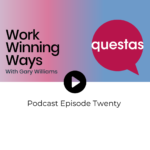
 We are a business development consultancy which is passionate about helping our clients develop processes, skills and behaviours that will result in increased sales and improved margins.
We are a business development consultancy which is passionate about helping our clients develop processes, skills and behaviours that will result in increased sales and improved margins. 